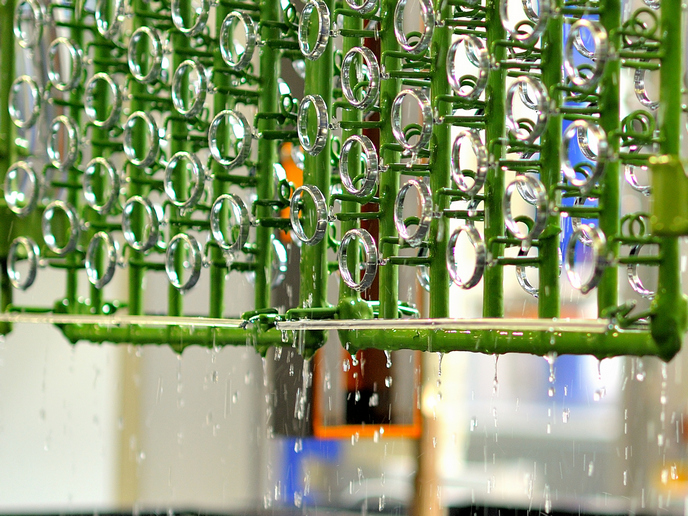Real-time pressure sensing for aerospace cooling systems
Motors are ubiquitous, converting electrical energy into mechanical energy in the form of moving parts. They are in your washing machine, your car and even your computer where a motor runs the fan. Airplanes have a device called a starter generator that acts like a motor when starting the engine. The starter generator produces heat as a by-product of the energy conversion and a cooling system is required to keep it working reliably. However, if the cooling system has a fault, the motor likely will too. Most airplane starter generators are oil-cooled and current pressure sensors act as threshold detectors without measuring pressure in real-time. EU-funded engineers working on the SOCOSYS project have significantly enhanced the state-of-the-art with a pressure sensor that can measure and report pressure continuously.
Innovative designs to withstand harsh operating environments
Current pressure ‘switches’ are so-called binary, detecting low or high pressure to sound an alarm when a pre-defined threshold is crossed. Given that a health monitoring function was a completely new concept for oil-cooled aerospace starter generators, defining the required specifications was a significant part of the project. In addition to reliable operation at ambient temperature up to 180 oC, the sensors had to be resilient to dirt and mechanical perturbations including vibration. According to project coordinator Isabelle Vallet, “Reliability and environmental temperature were the key challenges of the project, as they are not complementary. Indeed, an increase in the surrounding ambient temperature can decrease the reliability.” SOCOSYS delivered not one but four sensor prototypes, all validated in the laboratory and demonstrated to withstand the starter generator operating environment while accurately monitoring oil temperature. Accelerated aging tests of electronic functions on 70 samples further demonstrated that the reliability specifications were also satisfied.
The future of health monitoring sensors for harsh environments
The sensors will next be implemented on a test bench before being integrated into airplanes for final testing. Looking to the future, SOCOSYS plans commercialisation and marketing of the innovative health monitoring sensors for other similar environments such as the engine. Continuous health monitoring promises to enhance motor function by detecting decreasing pressure before the threshold is reached, reducing the likelihood that the oil filters get clogged. Enhanced function will improve the efficiency of the motor, contributing to decreases in greenhouse gas emissions and operating costs. Finally, health monitoring can minimise the time and costs associated with regularly scheduled inspections and the downtime they require. SOCOSYS sensors have a major contribution to make, benefitting not only the airline manufacturers and service providers but also travellers and the environment. As Vallet explains, “The sensors and the health monitoring function of a starter generator will contribute to the development of aircraft more electrical, safe and cost-efficient while reducing greenhouse gas emissions, addressing key goals of the European aerospace industry.” Taken together, the sensors should increase the competitiveness of Europe’s aerospace industry in an increasingly connected personal and commercial global community.







